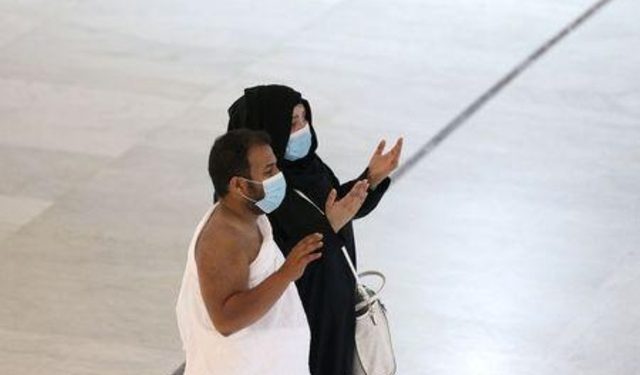
The absence of transparency from the official authorities increases the challenge of the Coronavirus pandemic crisis in the Kingdom of Saudi Arabia in light of the craving of the Saudi regime based on withholding information and preventing freedoms.
The lack of the official version of the friendship with transparency and the absence of accurate information are the most important challenges facing the pandemic in light of the lack of confidence in the Saudi regime and its health and media system.
Observers unanimously agree to reduce the efficiency of the Saudi system in managing the response to the Coronavirus crisis, as well as its approach based on lack of transparency and clarity of information.
Observers highlight that the most important criteria for managing the crisis require transparency and openness, and they wonder how the success of the authority can be judged in light of the lack of information monopolized by the system and the practice of lying and misleading about it.
A while ago, the American newspaper “New York Times” published a report about the infection of 150 princes of the royal family with the Coronavirus, while the Saudi regime did not issue any official comment on that.
For his part, the former Saudi intelligence chief Prince Turki Al-Faisal influenced the presence of cases of Coronavirus among members of the ruling family, “Al Saud”, but he tried to reduce the number reported by the American newspaper.
Prince Turki claimed in an article entitled “Coronary Thoughts (2)”, published by the London-based newspaper, Asharq Al-Awsat, that the number of princes infected with the virus is less than 20 princes.
The American report said that King Salman (84 years old) isolated himself in a palace on an island near the Red Sea city of Jeddah. His son, Crown Prince Muhammad bin Salman, the de facto ruler of the country, along with several of his ministers, retired from his remote location on the coast itself.
For his part, a report published by the British Middle East Eye website revealed that most of the people of Mecca may be infected with Coronavirus, in light of the official absence from the system about the severity of the virus infections in the city.
The report says that high-level Saudi medical sources told the site that 70% of the population of Mecca may be suffering from the pandemic.
Medical sources reported that recent tests indicated that the actual prevalence of coronavirus in Saudi Arabia may be much higher than official estimates.
Three senior Saudi medical sources reported that it is estimated that approximately 70% of the population of Mecca – who number more than two million people – are carrying the virus, according to the latest randomized tests conducted in the city.
The British website attributes to a source – on condition of anonymity – that the actual spread of the pandemic in the Kingdom could be three to four times higher than the announced numbers.
The site notes that the Saudi health authorities expect that the peak of the pandemic will spread to the country at some point in next June.
According to one source, Coronavirus patients were initially admitted to public hospitals, but “the instructions now are to treat them in private hospitals, because public hospitals have become stressful.”
The Saudi authorities imposed a 24-hour curfew on Makkah and Madinah on the second of last month, as part of the measures to contain the disease, then the ban on civilization was eased on the 26th of the same month, after the start of the holy month of Ramadan, but restrictions on Makkah Remained valid.
The closure has also been imposed at the state level in Saudi Arabia since last March 25, including a ban on entry and exit from Mecca, Medina and Riyadh, in addition to restricting movement between its 13 governorates.
With Mecca under strict closure, it is widely believed that Mecca is the epicenter of the disease in the country.
The annual Hajj season – which witnesses the travel of millions of Muslims to Mecca – is scheduled to start next July, and it is widely expected that it will be canceled or the number of pilgrims reduced.
According to one of the medical sources, the other governorates may return to full closure if the number of cases there increases by 20%.
The source said that a new hospital with a capacity of five hundred beds was established in the city of Jeddah on the Red Sea, in addition to two other facilities to deal with the increasing number of cases.